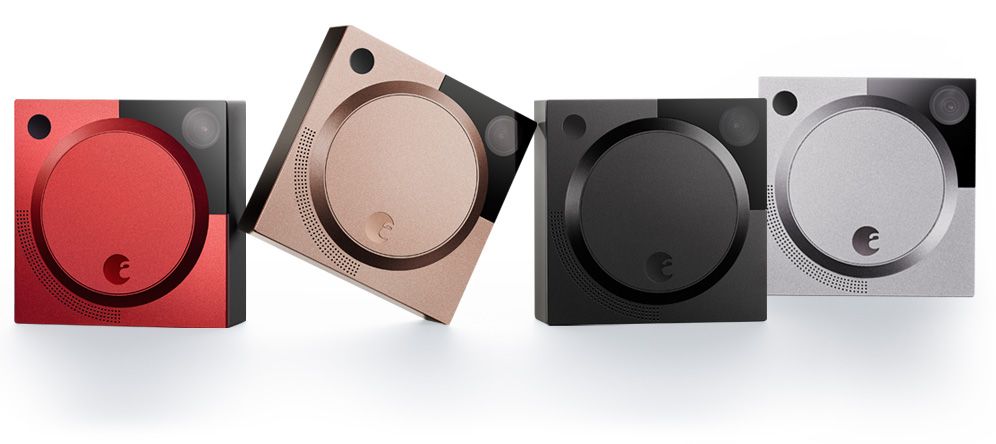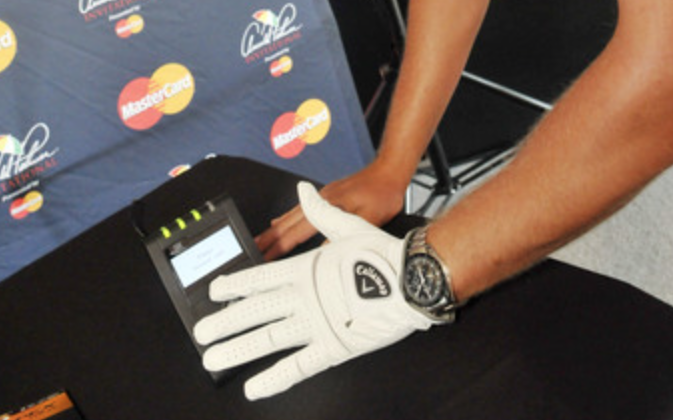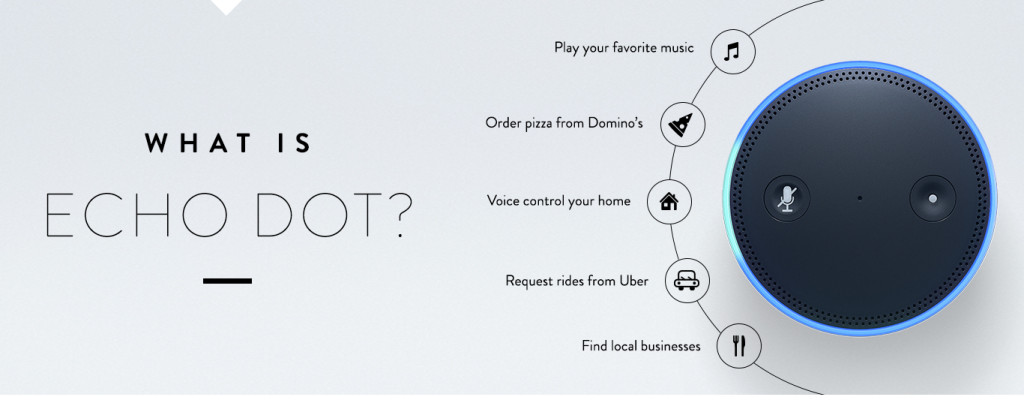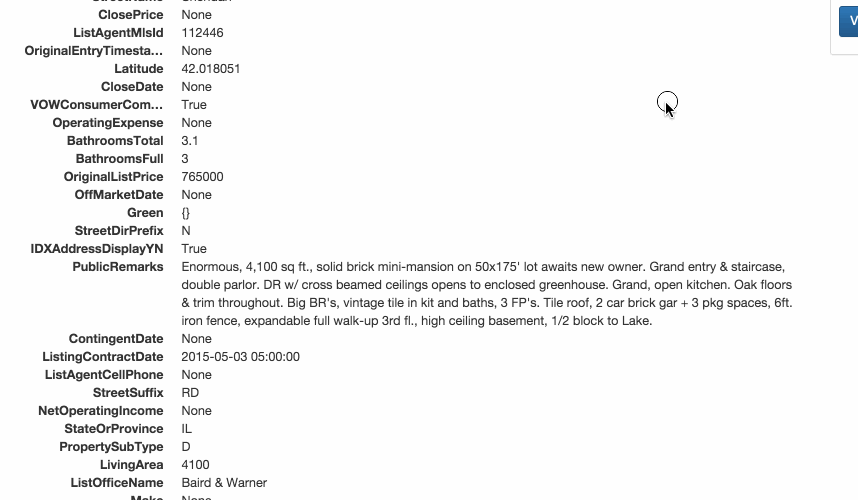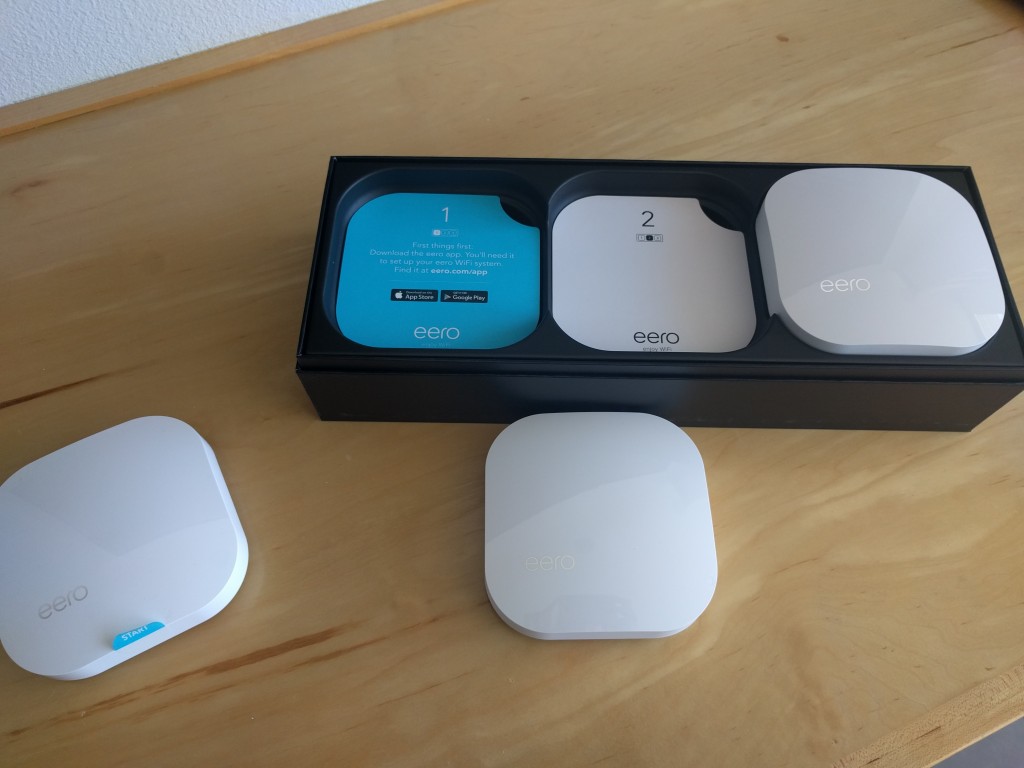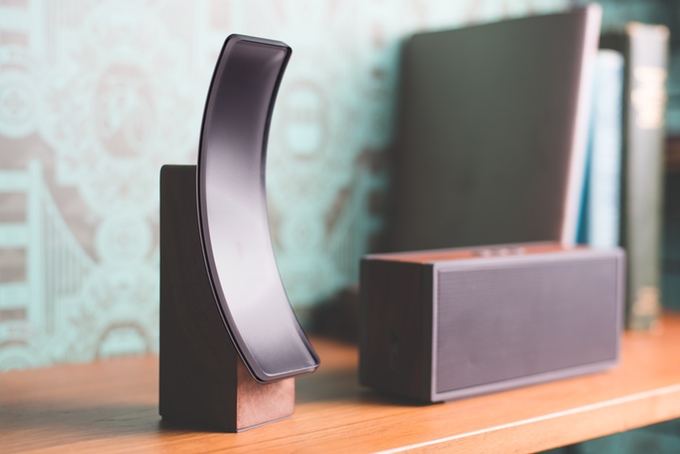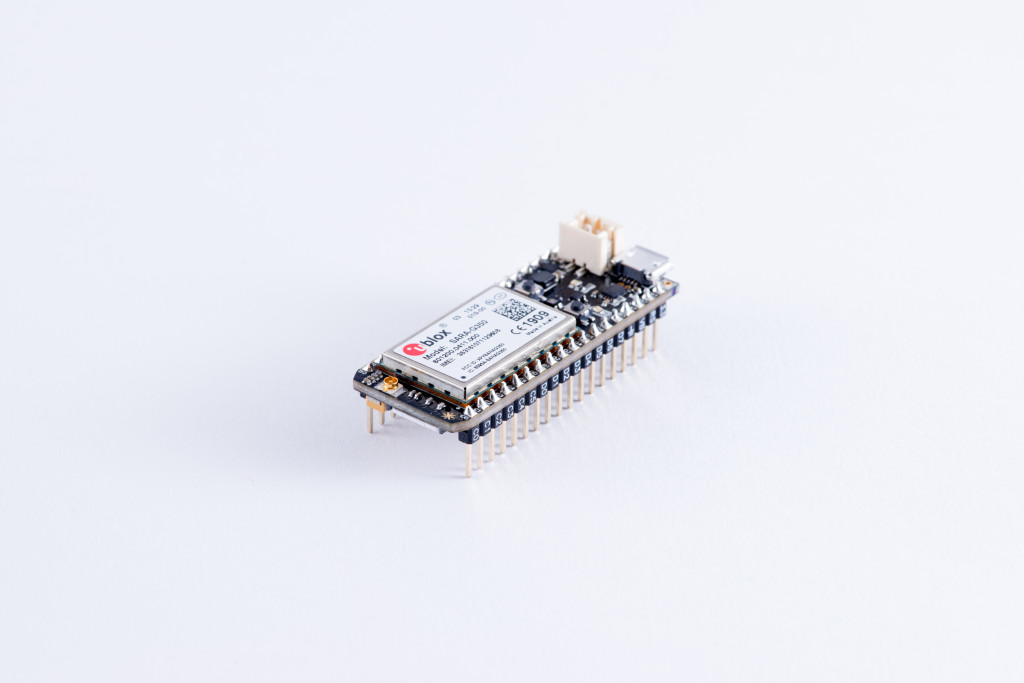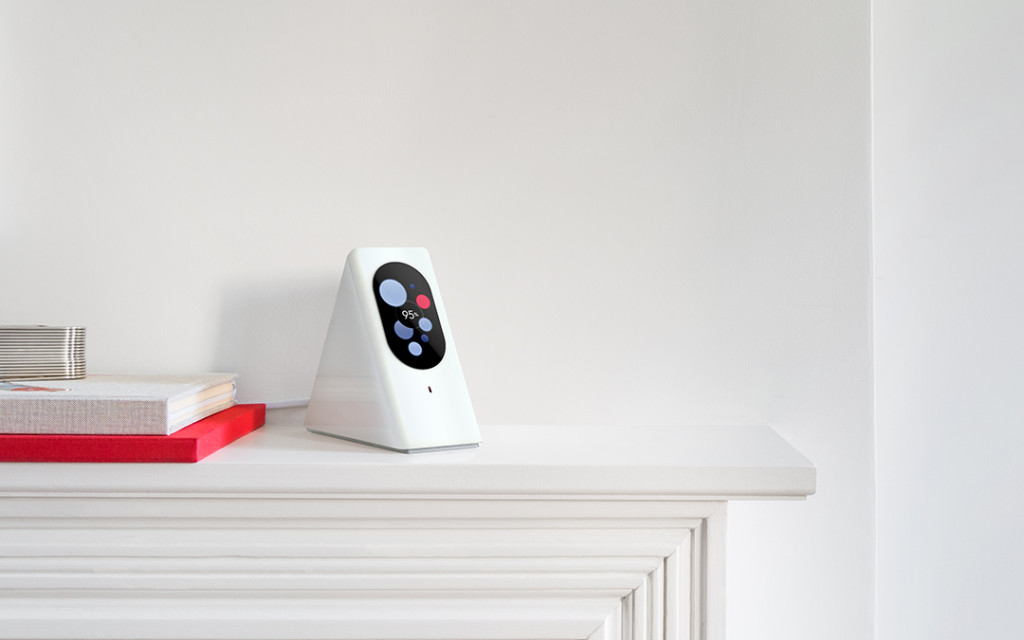This week’s show deals with recurring themes such as whether or not you should trust the cloud, device lifespan, the Amazon Alexa platform and more lighting than a Times Square billboard. Our guest this week is Mike Pessina, the co-CEO of Lutron. He shares his recipes for great lighting (at the very end) and talks about the role of Lutron’s proprietary wireless protocol for lighting control in a world that is rapidly embracing Wi-Fi and Bluetooth. Before we learn about Lutron, Kevin Tofel and I discuss the news that Nest plans to shut down all Revolv smart home hub devices that are in the field, turning the $299 device into a hunk of metal and plastic scrap.
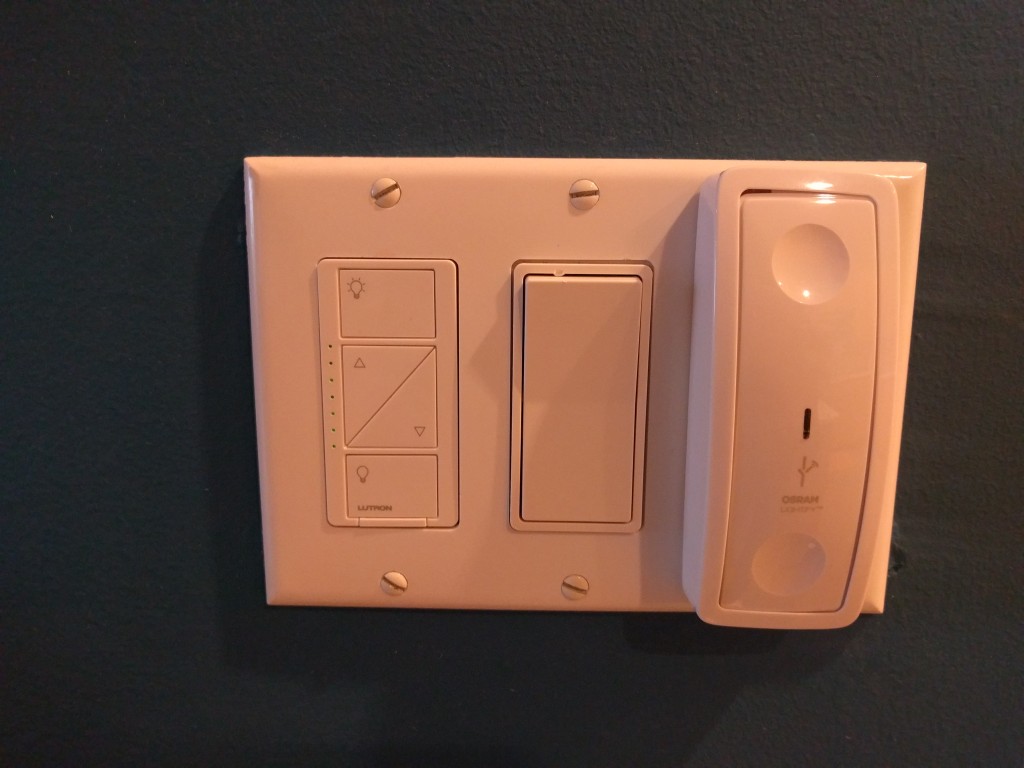
While Revolv sold fewer than 10,000 units, those who own one are upset. We came up with a few suggestions that might help other connected device companies avoid alienating their users in case of failure or a sale. On the brighter side, Amazon’s Alexa platform is gaining new smarts, with the Smart Home API now available to anyone. We also tell you how to control your TV with Alexa and review the Amazon Dot. This week you also get a second review, of the Osram Lightify dimmer switch, which renters and folks who aren’t keen on replacing their wired switches will like. And once again, we ask that you take our survey if you have a chance.
Hosts: Stacey Higginbotham
Guest: Michael Pessina, Co-CEO of Lutron
- The Revolv fiasco is bad for the smart home.
- Where did you put your Amazon Dot?
- Get Alexa to turn on your TV with Yonomi.
- Who should buy this $30 Osram dimmer switch?
- What’s next for Lutron
Podcast: Play in new window | Download | Embed
Subscribe: RSS

